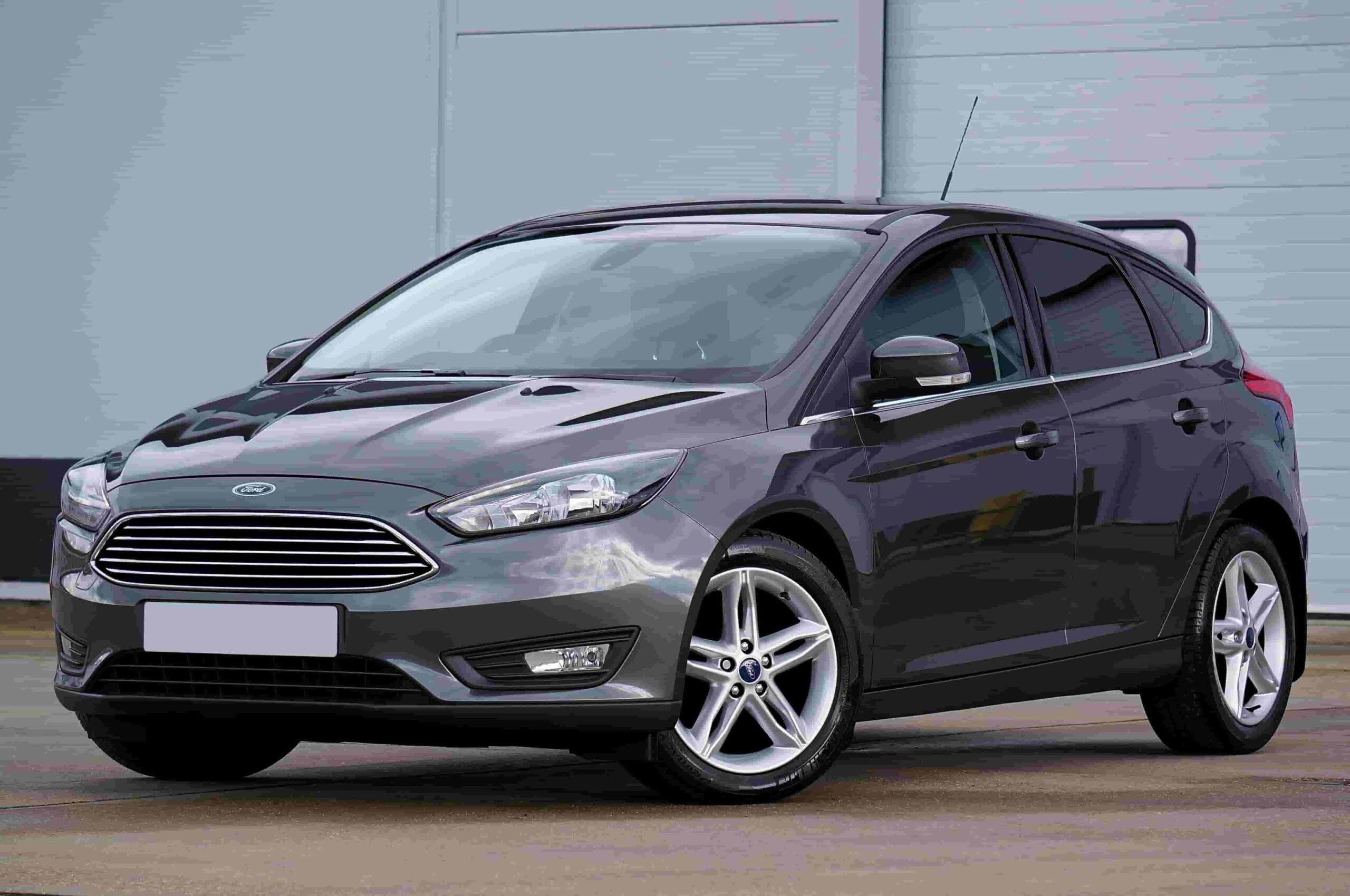Finding the right car isn’t just about aesthetics or the latest tech. It’s about choosing a vehicle that complements your lifestyle and meets your practical needs. Whether you’re a car enthusiast seeking performance, a new driver in search of safety, or a family-oriented individual needing space, this guide will help you make an informed decision.
Understanding Your Lifestyle Needs
Why Your Lifestyle Matters
Choosing the right car starts with understanding your unique lifestyle needs. Are you someone who enjoys weekend road trips with friends? Or perhaps you need a reliable vehicle for daily commutes and school runs? Knowing what you require from a car helps narrow down the overwhelming array of options.
For Car Enthusiasts
Car enthusiasts often look for features that offer enhanced performance, sleek design, and cutting-edge technology. If you’re passionate about cars, you’ll want something that’s not just functional but also fun to drive. Consider options like sports cars or high-performance sedans that offer advanced engineering and superior handling.
For New Drivers
Safety and ease of use are paramount for new drivers. Look for cars with excellent safety ratings, intuitive controls, and driver-assist features. Compact cars or small SUVs might be ideal as they are easier to maneuver and park, reducing the stress of driving for beginners.
For Family-Oriented Individuals
Families require vehicles that offer ample space, comfort, and safety. Minivans, SUVs, and crossovers are popular choices due to their spacious interiors and versatile seating arrangements. Features like child seat anchors, ample cargo space, and rear-seat entertainment systems are critical for ensuring a comfortable family outing.
Researching Your Options
Online Resources
The internet is your best friend when it comes to researching cars. Websites like Edmunds, Kelley Blue Book, and Consumer Reports offer detailed reviews, price comparisons, and owner feedback. You can also find video reviews on platforms like YouTube, where experts test and review cars, highlighting their pros and cons.
Visiting Dealerships
While online research is crucial, nothing beats seeing and experiencing the car in person. Visit multiple dealerships to get a feel for different models. Don’t hesitate to ask questions and request detailed information about the car’s features, warranty, and after-sales service. This firsthand experience is invaluable in making an informed choice.
Reading Reviews and Ratings
User reviews and professional ratings can provide insights into a car’s real-world performance and reliability. Pay attention to recurring issues mentioned in reviews, but also consider the overall rating and how well the car meets the needs of people with lifestyles similar to yours.
Key Features to Consider
Safety
Safety should always be a priority. Look for cars equipped with modern safety features such as airbags, anti-lock brakes, electronic stability control, and advanced driver-assistance systems (ADAS) like adaptive cruise control and lane-keeping assist. Check the car’s crash-test ratings from agencies like the National Highway Traffic Safety Administration (NHTSA) or the Insurance Institute for Highway Safety (IIHS).
Fuel Efficiency
Fuel costs can add up quickly, making fuel efficiency a crucial factor. Compare the miles per gallon (MPG) ratings of different cars. Hybrid and electric vehicles offer excellent fuel efficiency and can be a cost-effective choice in the long run. Websites like fueleconomy.gov provide comprehensive fuel economy ratings for various models.
Space and Comfort
Depending on your lifestyle, you might need a car with ample passenger and cargo space. Check the car’s interior dimensions and seating configurations. Features like foldable rear seats, adjustable cargo floors, and roof racks can add to the car’s versatility. Also, consider the comfort of the seats and the quality of the materials used in the interior.
Technology
Modern cars come equipped with a range of technological features that enhance convenience and entertainment. Look for cars with user-friendly infotainment systems, smartphone integration (Apple CarPlay and Android Auto), navigation systems, and premium audio systems. Advanced tech features like remote start, wireless charging, and multiple USB ports can significantly improve your driving experience.
Budgeting for Your Car
Setting a Realistic Budget
Before you start shopping, determine how much you can afford to spend. This includes the down payment, monthly installments, insurance, and maintenance costs. Financial experts recommend that your car expenses should not exceed 15% of your monthly income. Use online calculators to estimate your monthly payments based on different loan terms and interest rates.
Understanding the True Cost of Ownership
The sticker price is just the beginning. Factor in additional costs such as insurance, fuel, maintenance, and depreciation. Some cars have higher maintenance costs or lose value faster than others. Websites like Edmunds offer tools to calculate the true cost of ownership over several years, helping you make a more informed decision.
Financing and Leasing Options
Consider whether you want to buy or lease your car. Buying is a good option if you plan to keep the car for a long time, while leasing can be attractive if you prefer driving a new car every few years. Each option has its pros and cons, so evaluate them based on your financial situation and driving habits.
Test Driving and Final Decision
The Importance of Test Driving
Never skip the test drive. It’s your opportunity to see how the car handles, check the comfort of the seats, and assess the ease of using the controls. Pay attention to visibility, steering responsiveness, and ride quality. Take note of any unusual noises or vibrations that could indicate potential issues.
Making the Final Decision
After test driving several cars, compare your options based on how well they meet your lifestyle needs and your budget. Create a list of pros and cons for each model to help you make a balanced decision. Don’t rush the process; take your time to ensure you’re choosing the car that best fits your lifestyle.
Closing the Deal
Once you’ve made your decision, negotiate the best deal with the dealership. Don’t be afraid to ask for discounts, incentives, or added features. Review the contract carefully before signing to ensure all agreed-upon terms are included. If possible, get a pre-purchase inspection to verify the car’s condition.
Conclusion
Choosing the right car is a significant decision that impacts your daily life. By understanding your lifestyle needs, researching your options, considering key features, budgeting wisely, and test driving potential cars, you can make a well-informed choice. Remember, the best car for you is one that aligns with your lifestyle and meets your personal and financial needs.
Take the next step in your car-buying journey by exploring the latest offers at your local dealerships. Happy driving!


